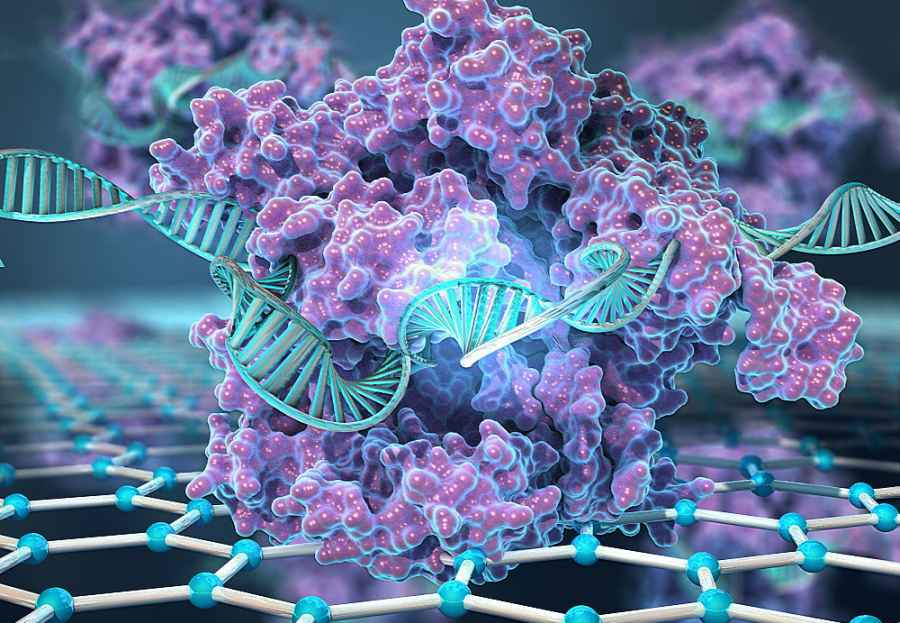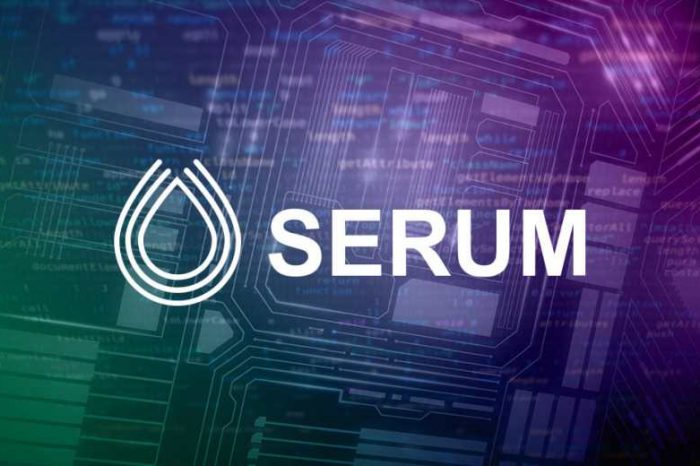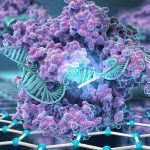New mRNA biomarkers offer the potential to change early cancer detection as Germany-based Mainz Biomed announces an exclusive agreement with Socpra Sciences

Colorectal cancer (CRC) is the second most lethal cancer in the U.S. and Europe, but also the most preventable with early detection providing survival rates above 90%. Annual testing costs per patient are minimal, especially when compared to late-stage treatments of CRC which cost patients an average of $38,469 per year.
The American Cancer Society estimates that in 2021 there will be approximately 149,500 new cases of colon and rectal cancer in the United States with 52,980 resulting in death. Recent FDA decisions suggest that screening with stool DNA tests such as ColoAlert in the United States should be conducted once every three years starting at age 45.
Currently, there are 112 million Americans aged 50+, a total that is expected to increase to 157 million within 10 years. Appropriately testing these US-based 50+ populations every three years as prescribed equates to a US market opportunity of approximately $3.7 Billion per year.
Now, new mRNA biomarkers may offer the potential to change early cancer detection as Germany-based Mainz Biomed announces an exclusive agreement with Socpra Sciences Santé Et Humaines S.E.C. (“TTS”). Mainz Biomed is a German molecular genetics diagnostics company that specializes in the early detection of Colorectal Cancer (CRC),
In an announcement on Wednesday, Mainz said it has entered into a Technology Rights Agreement with Socpra Sciences Santé Et Humaines S.E.C. (“TTS”) to access a portfolio of novel mRNA biomarkers for potential future integration into ColoAlert, the Company’s highly efficacious, and easy-to-use detection test for colorectal cancer (“CRC”). Mainz is currently marketing ColoAlert in Europe through its unique business model of partnering with third-party laboratories for test kit processing versus the traditional methodology of operating a single facility. The Company is also preparing to initiate ColoAlert’s regulatory pathway for approval in the United States.
As part of the Technology Rights Agreement, the Company has the unilateral option to license the exclusive global rights to five gene expression biomarkers which have demonstrated a high degree of effectiveness in detecting CRC lesions including advanced adenomas (“AA”), a type of pre-cancerous polyp often attributed to this deadly disease. In a study evaluating these biomarkers published in the online peer-review journal platform MDPI (March 11, 2021), study results achieved overall sensitivities of 75% for AA and 95% for CRC, respectively, for a 96% specificity outcome. If these statistical results are duplicated when the biomarkers are integrated into ColoAlert, we believe that it will ultimately position the Company’s CRC test to be the most robust and accurate at-home diagnostic screening test on the market. It will not only detect cancerous polyps with a high degree of accuracy but has the potential to prevent CRC through the early detection of precancerous adenomas.
“Securing the exclusive rights to license this family of novel biomarkers is a fantastic milestone for the Company as it provides an extraordinary opportunity to potentially upgrade ColoAlert’s technical profile, possibly making it the most effective at-home screening test for CRC that has ever been commercialized,” commented Guido Baechler, Chief Executive Officer of Mainz Biomed. “The Mainz team is on a mission to develop gold standard molecular diagnostic screening solutions for cancer indications and obtaining the rights to these biomarkers is a testament to our on-going commitment to develop cutting-edge products as they have shown superior sensitivity to even liquid biopsy products in development in terms of identifying advanced adenomas.”
The Company will now commence a clinical study in Europe to evaluate the effectiveness of these biomarkers to enhance ColoAlert’s utility in terms of extending its capability to include the identification of advanced adenomas, while increasing rates of diagnostic sensitivity and specificity. Given ColoAlert in its present form has already been CE-IVD marked (complying with EU safety, health and environmental requirements), the timeline and process to initiate this “add-on” study is expedited, and the Company is targeting the first half of 2022 to launch the clinical study. Furthermore, data generated by the study may potentially be incorporated into the Company’s design of ColoAlert’s U.S. clinical trial for consideration by the FDA.
ColoAlert detects colorectal cancer (CRC) via a simple-to-administer test with a sensitivity and specificity nearly as high as the invasive colonoscopy*. The test utilizes proprietary methods to analyze cell DNA for specific tumor markers combined with the fecal immunochemistry test (FIT) and is designed to detect tumor DNA and CRC cases in their earliest stages. The product is CE-IVD marked (complying with EU safety, health and environmental requirements) and is transitioning to compliance with IVDR. The product is commercially available in several countries in the European Union. Mainz Biomed currently distributes ColoAlert through a number of clinical affiliates. Once approved in the United States, the Company’s commercial strategy is to establish scalable distribution through a collaborative partner program with regional and national laboratory service providers across the country.
Founded in 2008, Mainz Biomed develops market-ready molecular genetic diagnostic solutions for life-threatening conditions. The Company’s flagship product is ColoAlert, an accurate, non-invasive, and easy-to-use early detection diagnostic test for colorectal cancer. ColoAlert is currently marketed in Europe with FDA clinical study and submission process intended to be launched in the first half of 2022 for U.S. regulatory approval. Mainz Biomed’s product candidate portfolio includes PancAlert, an early-stage pancreatic cancer screening test based on Real-Time Polymerase Chain Reaction-based (PCR) multiplex detection of molecular-genetic biomarkers in stool samples, and the GenoStick technology, a platform being developed to detect pathogens on a molecular genetic basis.
TransferTech Sherbrooke has been working since 2007 to build connections between high-tech businesses and the 1,200 professors of the Université de Sherbrooke and its affiliated research centers. Entrepreneurs and some small and medium-sized enterprises, including some Top Fortune 500, have been able to benefit from its expertise and know-how. TransferTech Sherbrooke has substantially contributed to the development and valorization of numerous university technologies, the improvement of the competitiveness of innovative businesses, and especially the enrichment of the world of tomorrow

